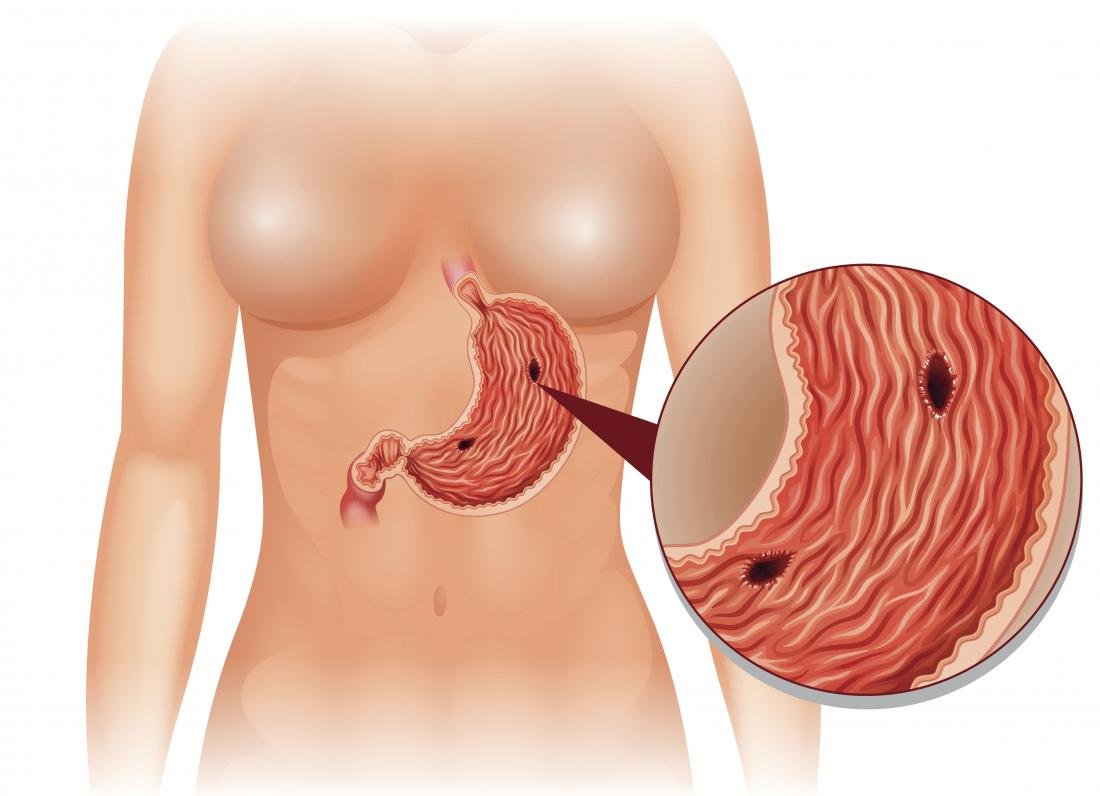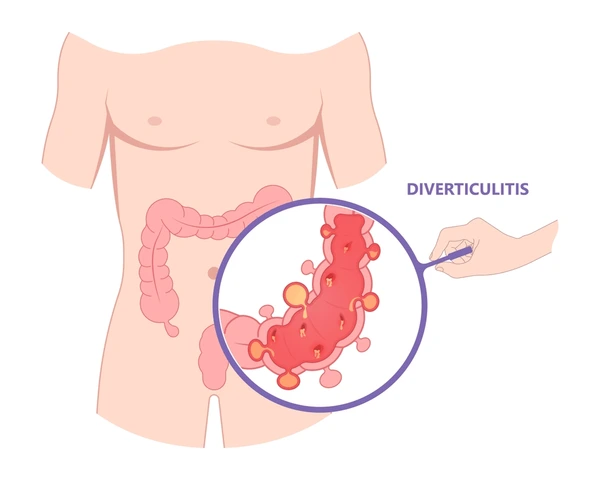Intestinal perforation – This course is designed to understand the concept of community health nursing: nurses’ roles and interventions in family health, school health, occupational health, environmental health, elderly health care, gender issues, disaster management and principles and terminology of epidemiology. The aim of the course is to acquire knowledge and skills in community health nursing.

Intestinal perforation
Intestinal Perforation
Gastrointestinal perforation, also known as ruptured bowel, is a hole in the wall of part of the gastrointestinal tract.
Or,
Gastrointestinal perforation (GP) occurs when a hole forms all the way through the stomach, large bowel, or small intestine. It can be due to a number of different diseases, including appendicitis and diverticulitis.
It occurs when any of the following enters the abdominal cavity:
- Bacteria
- Bile
- Stomach acid
- Partially digested food
- Stool
Clinical Feature/ Symptoms may include:
- Severe stomach pain
- Chills
- Fever
- Nausea
- Vomiting
- Fatigue
- Passing less urine, stools, or gas
- Shortness of breath
- A fast heartbeat
- Dizziness

Causes of Gastrointestinal Perforation:
Illnesses can cause GP, including:
- Appendicitis, which is more common among older persons
- Diverticulitis, which is a digestive disease
- A stomach ulcer
- Gallstones
- Gallbladder infection
- Inflammatory bowel diseases such as crohn’s disease or ulcerative colitis, which is less common
- Inflamed meckel’s diverticulum, which is a congenital abnormality of the small intestine that’s
- similar to the appendix
- Cancer in the gastrointestinal tract
The condition may also be due to:
- Blunt trauma to the abdomen.
- A knife or gunshot wound to the abdomen
- Abdominal surgery
- Stomach ulcers due to taking aspirin, non-steroidal anti-inflammatory drugs, and steroids (more
- common in older adults)
- Ingestion of foreign objects or caustic substances
- Smoking and excessive use of alcohol increase the risk of GP.
Complications Associated With GP Include:
- Bleeding
- Sepsis, which is a life-threatening bacterial infection
- Abscesses in the belly
- A wound infection
- A bowel infarction, which is the death of part of the bowel
- A permanent ileostomy or colostomy

Diagnosis
To diagnose the condition, the doctor may carry out one or more of the following tests:
⇒ X-ray of the chest and abdomen: This is to check for air in the abdominal cavity, a sign of gastrointestinal perforation.
⇒ CT scan: This helps the doctor to locate any possible holes.
⇒ Blood test: This is to check for signs of infection and possible blood loss.
Treatment
- People with gastrointestinal perforation often require emergency surgery.
- This will usually involve an exploratory laparotomy. The surgeon will open up the person’s abdomen and repair any holes in the gastrointestinal tract.
- They will also remove any substances from the person’s stomach, small intestine, or large bowel that are now in the abdomen. This helps to treat the peritonitis and prevent sepsis.
- For some people, it may be necessary to remove part of the intestine. This can lead to a person needing a colostomy or ileostomy. These procedures allow the contents of the person’s intestine to collect in a bag that attaches to their abdomen.
- On rare occasions, a gastrointestinal perforation may heal on its own and not require surgery. If
- this occurs, a course of antibiotics may be the only treatment.
- If a person has sepsis, they will require intravenous antibiotics as soon as possible.
Read more:
